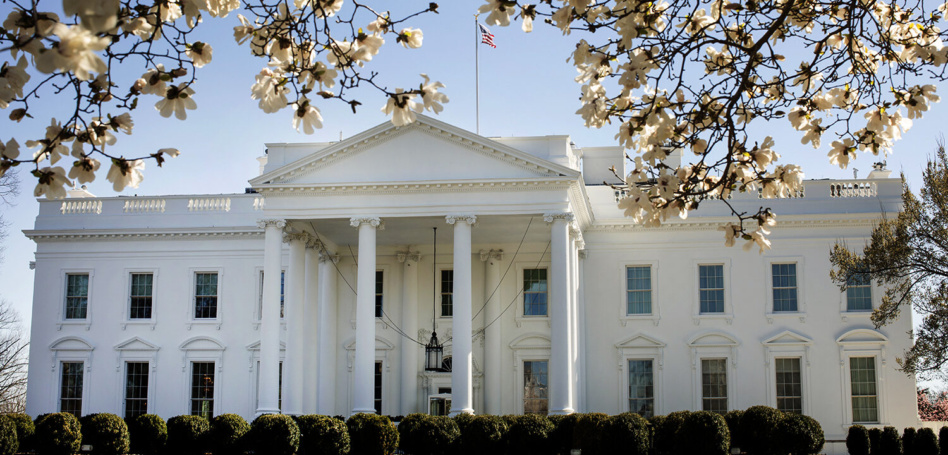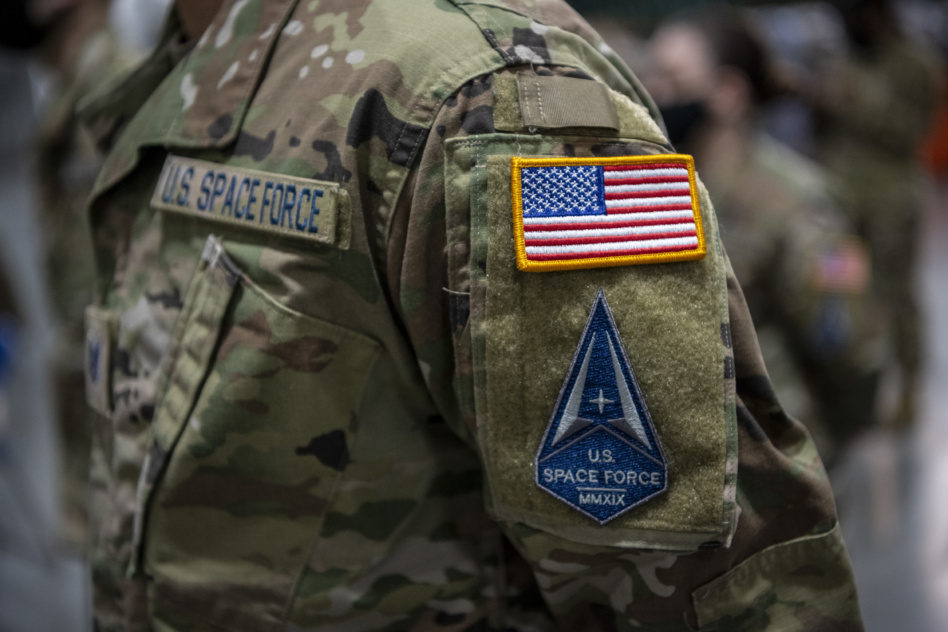The dust has settled from the Biden administration’s budget drop yesterday. Now what?
ICYMI: The White House requested $25.4B for NASA in fiscal 2025, only $525M above the fiscal 2024 appropriations bill for the agency that lawmakers passed on Friday. The budget would make a substantial investment in Artemis ($7.8B) and commit to funding the ISS through 2030. It also telegraphed a gradual reduction of research aboard the ISS, redirecting that funding to deorbit activities and commercial space stations.
Other top line budget numbers:
Next steps: The release of the budget is the beginning of a long road, marching toward an eventual funding package that is unlikely to match the request. Still, the document provides a glimpse into the administration’s priorities, and into the needs of different agencies.
Now the ball is in Congress’s court. Lawmakers will hold hearings with top officials to learn more about the budget request before drafting their own funding plan in the form of appropriations bills.
Reason for hope? Despite GOP pushback to the overall budget, NASA funding typically garners bipartisan support, and there’s a lot in here both parties should be able to agree on, including funding for Artemis.
Even amid that bipartisan approval, NASA isn’t immune from politics. Bill Nelson, chief of the space agency, noted on Monday that NASA’s topline funding got cut along with other discretionary spending as a result of politically-fraught negotiations to avoid a debt limit default last year.
This budget is already drawing criticism from top space officials, who are slamming it for its funding proposals regardless of its space investments. Sen. Eric Schmitt (R-MO), the ranking member of the Senate space subcommittee, called the budget “irresponsible and insane.”
Past is prologue: We’d be remiss for not mentioning that lawmakers just passed fiscal 2024 funding bills for NASA, the Commerce Department, and the FAA (DoD is still under a continuing resolution until at least March 22.)
- NASA received $24.875B for fiscal 2024, an 8+% cut from its budget request last year.
- The Office of Space Commerce got $65M, just shy of the $70M it got in fiscal 2023.
- The FAA’s space office got $42.018M, matching the administration’s request.
AIA CEO Eric Fanning lamented the drop in fiscal 2024 appropriations, but urged Congress to give the agency the bump it’s asking for in 2025.
“The Aerospace Industries Association was disappointed to see the first drop in NASA funding in 10 years in the just-passed FY24 consolidated appropriations bill, threatening key aeronautics, exploration, space technology, and science programs,” he said in a statement. “However, we are pleased the president’s budget request supports an increase to NASA’s current funding beyond the FY24 level and see this request as a floor for Congress as it deliberates next year’s appropriation.”





